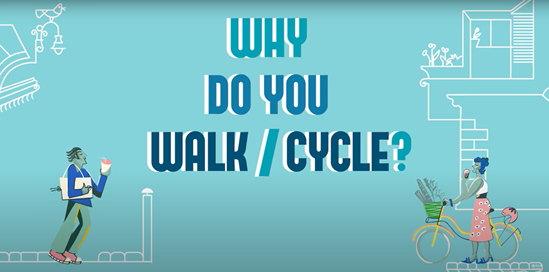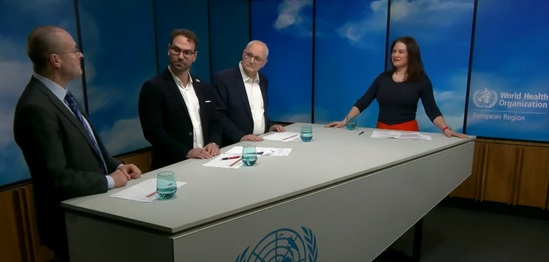Considering physical activity and COVID-19
During the COVID-19 pandemic several public health measures were adopted, including lockdowns and limitations of access to public spaces for physical activity. These measures have had a negative impact on physical activity levels and sedentary behaviour, when they were already insufficient.
Among individuals who are infected by COVID-19, those who meet physical activity recommendations have a lower risk of severe COVID-19 outcomes, namely being hospitalized, requiring intensive care unit admission and dying. Individuals that were doing some physical activity have had lower risk for severe COVID-19 outcomes compared to those who are consistently inactive.
WHO/Europe developed some tips on how to stay physically active and reduce sedentary behaviour while at home in self-quarantine.














